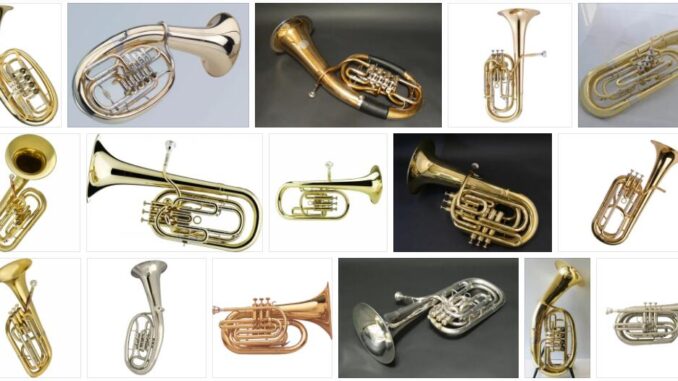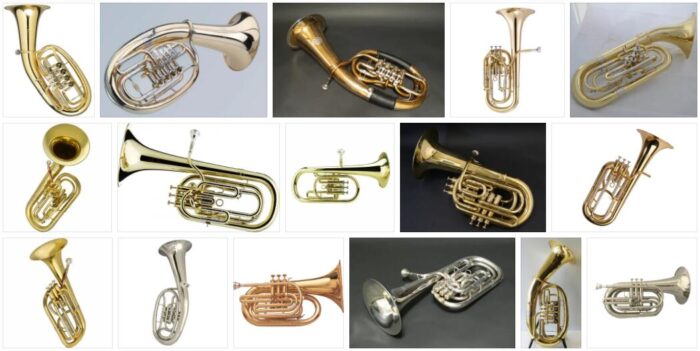
In order to begin to know the meaning of the term baritone, we are going to establish, first of all, what is its etymological origin. In this case, it can be stated that it is an Italian word that, in turn, derives from the Greek. Exactly comes from “baritones” which is made up of two clearly delimited components:
-The adjective “barys”, which is synonymous with “heavy”.
-The noun “tones”, which can be translated as “tone”.
The voice between the tenor voice and the bass voice is called a baritone. The concept is also used to name the individual who has this kind of voice.
The tessitura is the quality that allows to determine if a voice is of baritone or of another type. The notion refers to the extension (the interval between the highest sound and the lowest sound) of the sounds of a certain frequency that can be emitted by the instrument or voice in question.
The baritone can output lows that are lighter than bass and highs that are darker than tenor. It is possible, on the other hand, to distinguish between different types of baritones. The dramatic baritone is characterized by strength and performance in the bass sector. The light baritone, on the other hand, stands out for the power of the treble, although it exhibits weakness in the bass.
The baritenor, the Verdian baritone, the Martin baritone, the bass-baritone and the buffo baritone are other baritones that experts identify. Also certain musical instruments are identified as baritones, such as the baritone saxophone and the baritone oboe, among others.
The Spanish Placido Domingo, the American Frank Sinatra, the English Robbie Williams and the Puerto Rican Ricky Martin are some singers who have shown baritone voices and who have managed to triumph in different genres of music.
Many are the baritones that have left their mark on the world of music. However, among the most important in history we can highlight some such as these:
-The Italian Tito Gobbi (1915 – 1984), who performed numerous operas although he was praised especially for his role as Figaro.
-The also Italian Renato Bruson (1936), who managed to be a benchmark, above all and above all, for his tuning ability.
-German Hans Hotter, who reached a great international projection.
-The Italian Ettore Bastianini (1922 – 1967), who was born in Siena. His charisma, his vocal quality and his appeal made this baritone one of the most recognized of its time.
-Piero Cappuccilli (1926 – 2005) was another renowned Italian baritone who has become a benchmark in the world of opera. In particular, there are those who consider him to be the best baritone that any Verdi work has ever performed.
-Leo Nucci (1942), who has taken to the stages of the world’s largest cities. He stood out especially for his role as Rigoletto.
